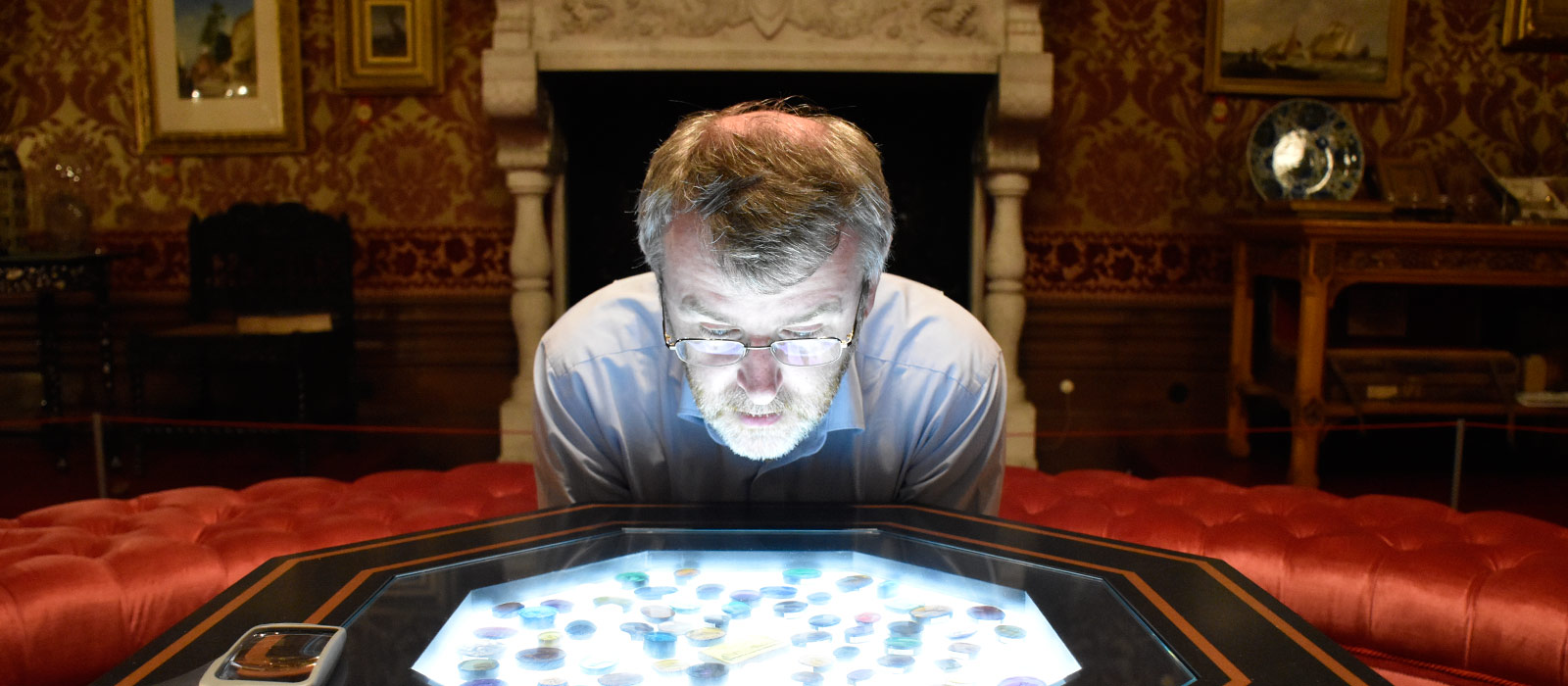This week, the Museums Association's Salary Guidelines report found that museum works are paid on average 7% less than their equivalents in other fields. While this was no surprise to anyone working in the industry, it does beg the question - now what? We all know museums do not pay well, and certainly not equivalent to the multiple skills and years of experience it demands of its staff, particularly in entry level jobs. But is there any way to change that?
 |
| The new curatorship campaign at the National Trust |
We think there's three issues here that would need to be addressed if any changes could be made. The first is a lack of government support for the work of museums and art galleries.
1) Years and years of to the bone cuts have forced museums to rely on their staff for more while making due on less. I'm sure there any many people at lots of organisations who would love to pay their staff more, but simply can't. It's very hard to justify benchmarking jobs properly when you are worried about even being able to support the position at all. The government would need to make a significant and sustained investment in museums and in particular in staffing and other administrative costs, for anything to change. #fuckausterity #fuckbrexit
2) Pay. your. interns. Museums function on volunteers and yes, its great to an extent. But where someone is doing proper, skilled work or learning museum vocational skills, they should be paid. Many of the entry level salary packages in museum honestly look more like apprenticeship or internship pay than anything else. Creating more entry level paid roles and boosting the salaries of those working in the more skilled positions would enhance the industry as a whole. But, of course, see above.

3) Fight sexism in museums. Museums are a predominantly female dominated industry, aside from the privileged few at the top of the ladder (and their salaries are doing just fine). It's the entry level and other lower grade posts which suffer from the biggest salaries gap - and we bet you'd find, they are mostly women. Women's work is valued less via a phenomenon called 'employer bias', which is based in deeply rooted stereotypes. This is especially true in the museum industry where people are told again and again they should be grateful to have any job at all.
It's awful and frustrating and we don't really have a realistic solution. All we can say is - when you go for a museum job, negotiate your salary. Don't accept the first thing offered, make sure you are paid as much as that institution can reasonable afford for your role. Secondly, if you do have hiring power, do everything you can to help your HR departments and Trustees benchmark the roles appropriately. Save every job advert you see- especially reasonable ones like at the National Trust. Keep volunteer work volunteer work, don't make people work for free for work that should be a job (even if its more convenient). Thirdly, join your union and use your voice and body to show that you disagree with the current situation, Prospect and PCS are well represented among museums and galleries but don't be put off if your institution doesn't have a rep you can still join - there is a membership fee but its tiered against earnings.


No comments:
Post a Comment